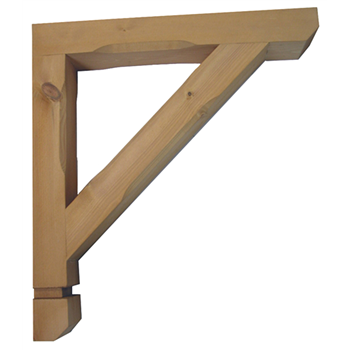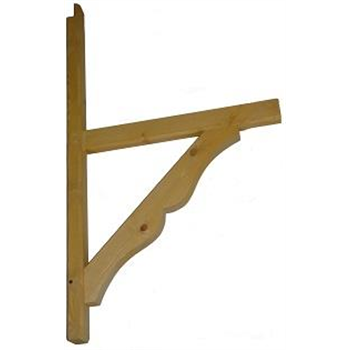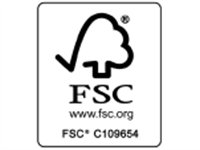F-GS range of gallows brackets
Note all our brackets have mortise and tenon joints where applicable. We are aware of gallow brackets being sold butt jointed and screwed. This can cause the joint to open up and cause the bracket to fail over a period.
Prices quoted are for single items not per pair. Excludes delivery costs. Delivery normally 2 working days.
Fixing kits-See Timber brackets fixing kits for details.
FKA- Through bolts M10 100mm x2 X 2 Oak mushroom caps 25mm
FKA2- x2 Thunderbolts + Washers M10 x 100, X 2 Oak mushroom caps 25mm
FKA1- Resin set, x2 M10 x 130mm + resin capsule, X 2 Oak mushroom caps 25mm
What is a Timber gallows bracket and why use one?
A timber gallows bracket is a structural component used in construction and carpentry to support horizontal beams or joists. It is typically made of wood and shaped like an inverted "L" or a right-angle bracket. Here are a few reasons why timber gallows brackets might be used:
Support and Load Distribution: Gallows brackets are designed to provide support and distribute the weight of horizontal beams or joists. They help transfer the load from above to the supporting structure below, such as walls or posts.
Versatility: Timber gallows brackets can be used in various applications, including the construction of roofs, balconies, canopies, and shelving units. They offer flexibility in design and can be adjusted to accommodate different angles and loads.
Aesthetics: Gallows brackets can also serve decorative purposes by adding architectural detail and enhancing the visual appeal of a structure. They can be designed in different styles and finishes to match the overall aesthetic of the building or space.
Ease of Installation: Timber gallows brackets are relatively easy to install compared to other support systems. They can be securely fixed to walls or posts using screws, bolts, or other appropriate fasteners, providing a stable and reliable support structure.
Traditional Construction: Gallows brackets have a long history in traditional timber frame construction. They have been used for centuries and are still employed today in both historical restoration projects and new construction that seeks to replicate traditional architectural styles.
 Ref - F-G
Ref - F-G  Ref - F-SG
Ref - F-SG  Ref - F-L30S
Ref - F-L30S Ref - F-MSL-40-S
Ref - F-MSL-40-S



